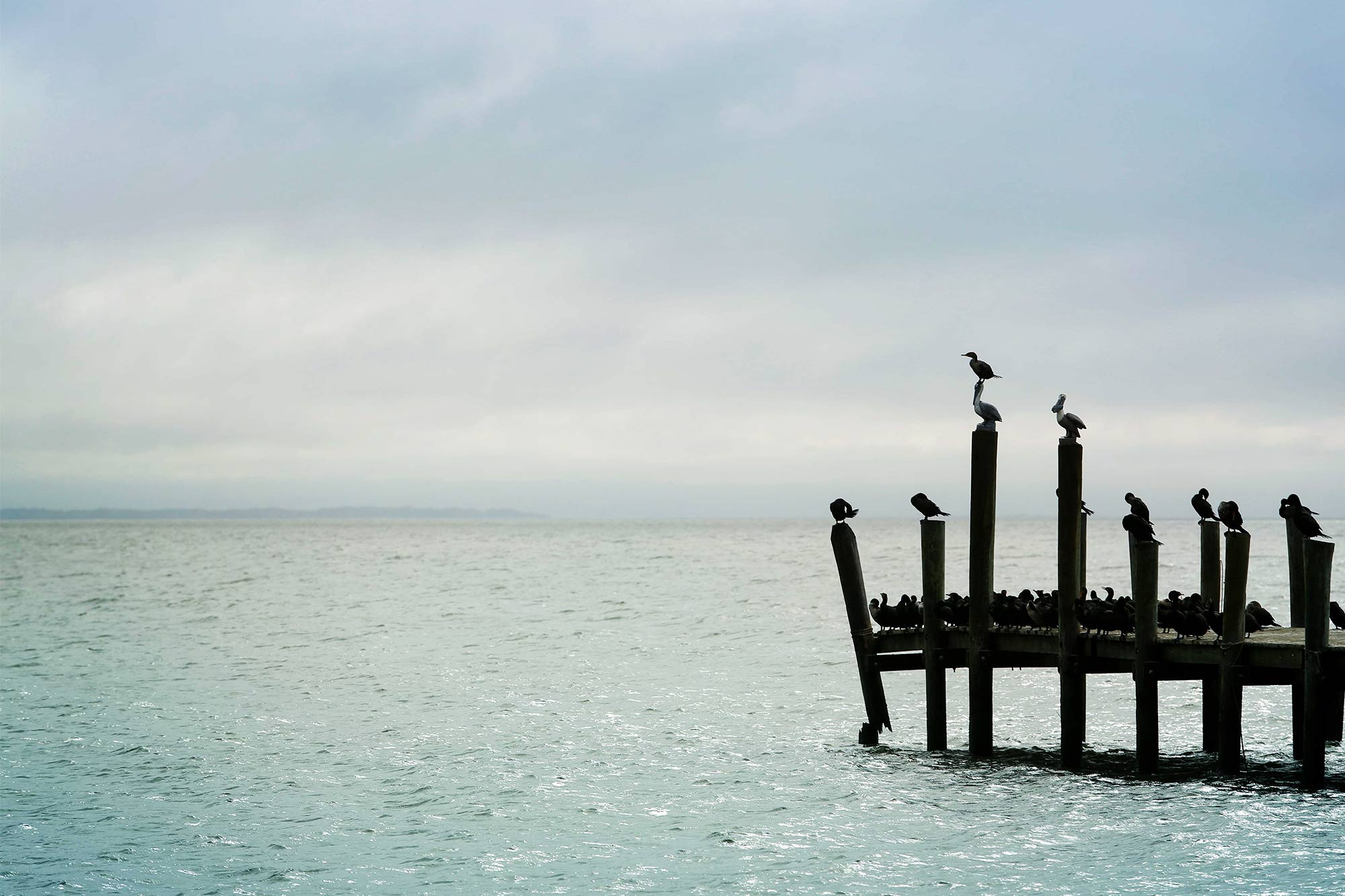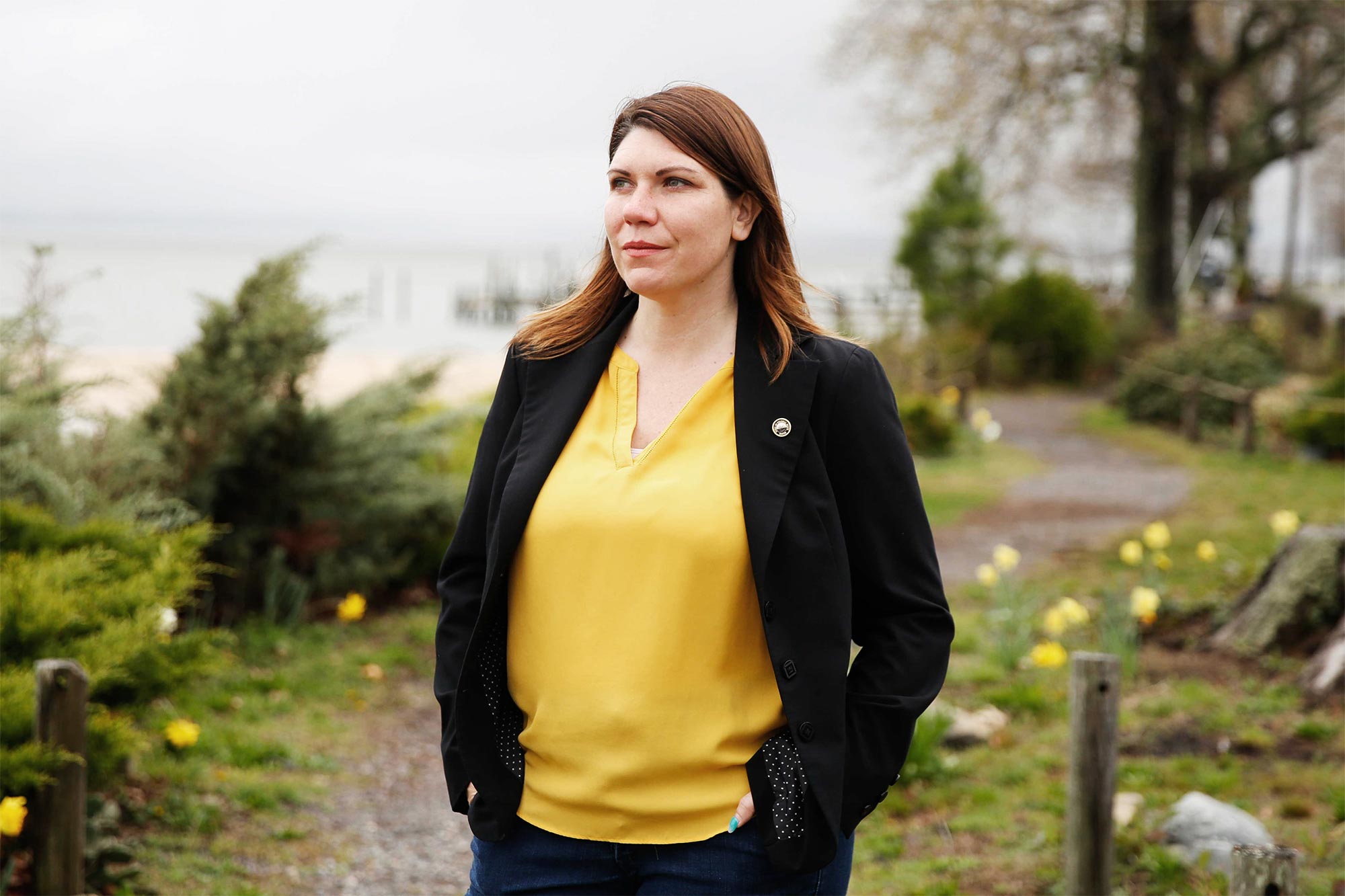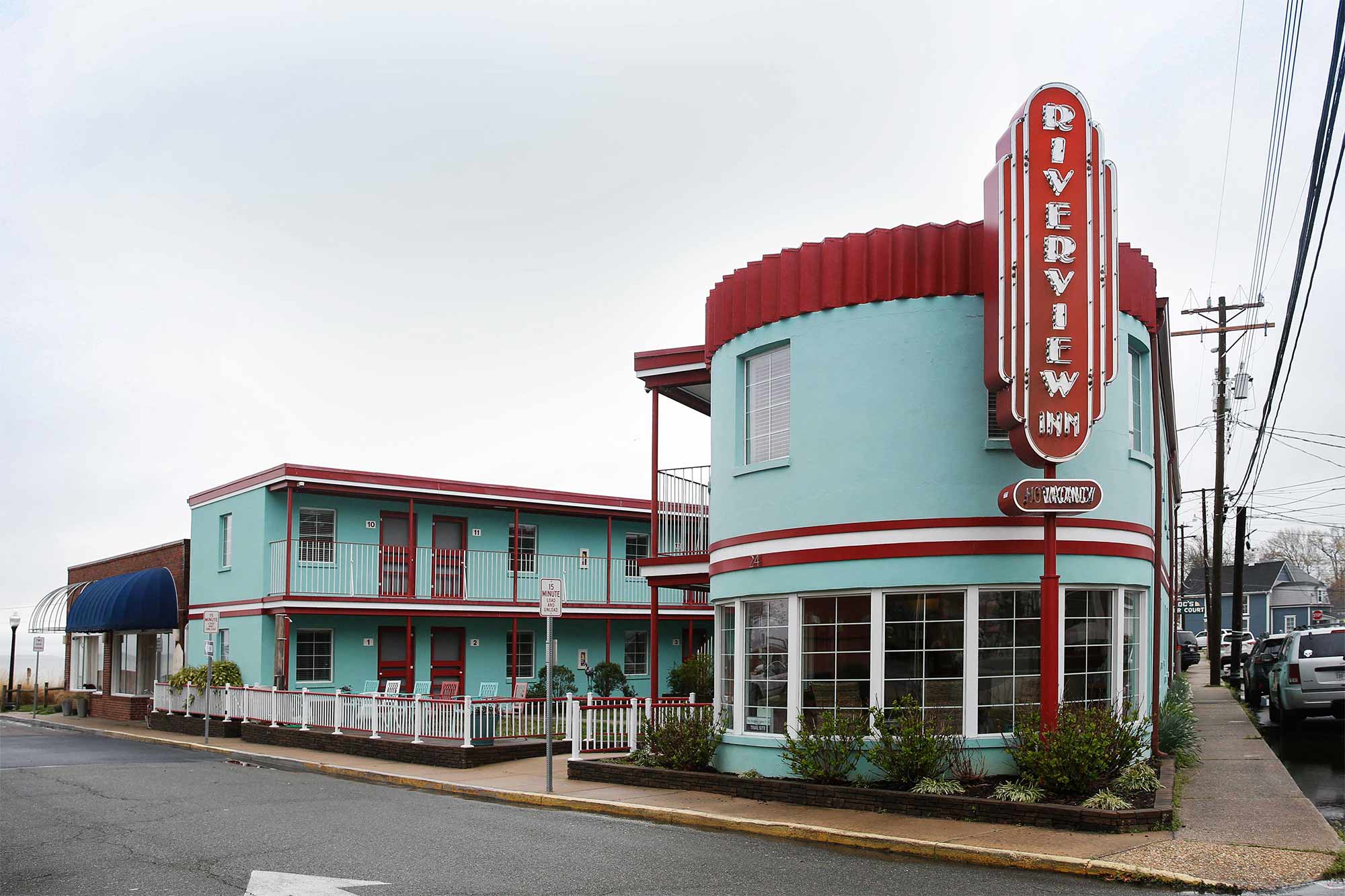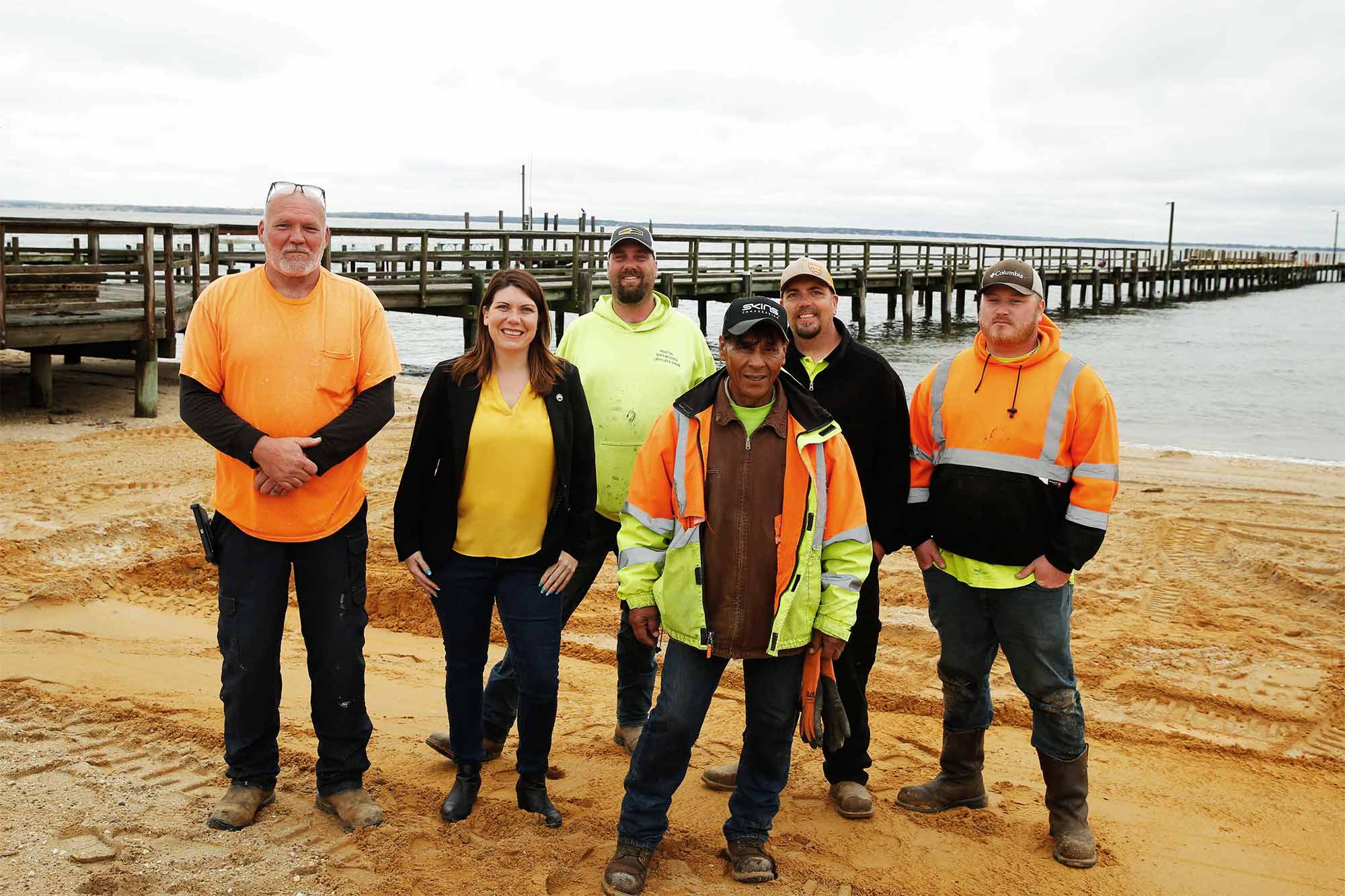Thanks in part to a major grant from the Jessie Ball duPont Fund, The RAFT has been able to expand from an initial pilot project in 2017 that concentrated on a city (Portsmouth), a county (Gloucester), and a town (Cape Charles) to encompass a more regional approach that includes coastal communities on the Eastern Shore, the Northern Neck and the Middle Peninsula. In the process, the duPont Fund’s support has allowed The RAFT to broaden its scope from addressing storm hazards such as frequent flooding and sea level rise, to a focus on deep-seated economic and social challenges.
A Scorecard for Survival
Founded in 1980 as a public service organization in the School of Architecture, the Institute for Engagement and Negotiation’s breadth of work addresses issues that affect both the natural and built environment, including natural resources, public health, community infrastructure, and equity and social issues. Taking a public service approach that integrates consensus-building, research and teaching, the institute serves as an intermediary to help local governments, agencies, nonprofits and businesses collaborate on decisions that sustain their communities.
Since many places in Virginia lack an easy way to define and measure resilience in an ecological, social and economic sense, IEN leverages its expertise to fill in gaps in knowledge and communication so that decision-makers can draw from a complete toolbox when disaster strikes. It is what Tanya Denckla Cobb, IEN’s director, calls “equitable collaboration.”
“One of the things that’s unusual about our institute is that we have identified gaps, stepped into them, and created projects,” she said. “We have, over many decades, had a history of stepping into a space and saying, ‘We see a need here.’”
The RAFT is one such project. Its goal is to help Virginia’s coastal communities improve their resilience to flooding and other coastal storm hazards while retaining a healthy economic base and viable social networks. The 18-month process includes an independent assessment of a community’s resilience using The RAFT Scorecard; a community leadership workshop where participants discuss strengths and opportunities, developing a checklist of actions that can be completed and/or initiated within one year; and support by The RAFT’s collaborative universities and other partners through one year for the community’s implementation of these actions.
Crucially, for cash-strapped local governments, the three-part process is supported through a mix of federal, state and private foundation grants and donated services, and is provided at no cost.
Sink or Swim
Local officials in Virginia’s coastal region face daunting challenges. Historical and projected sea level rise and the frequent flooding that results present coastal localities with challenges that affect residents, businesses and public health services.
Colonial Beach has a year-round population of about 4,000, which doubles in the summer. It has the second-largest public sand beach in the commonwealth.
Schick said that The RAFT program piqued her interest because of its emphasis on resiliency.
“We have been at the forefront of participation in the program because it has such a direct correlation to the threats and needs we see in our community, and the challenges we’ve faced over the years, and will continue to confront,” she said.
Disaster can come from out of the blue.
“Last year, we had a tidal surge,” Schick said. “This was not a known storm event, so it kind of took us by surprise. It was a nor’easter combined with a strong moon tide and a wind that was relentless for days. It did enough damage to our boardwalk and beachfront that our town pier was closed until recently. A significant number of docks and boats were damaged. We had pontoon boats sitting in the middle of the road.”








